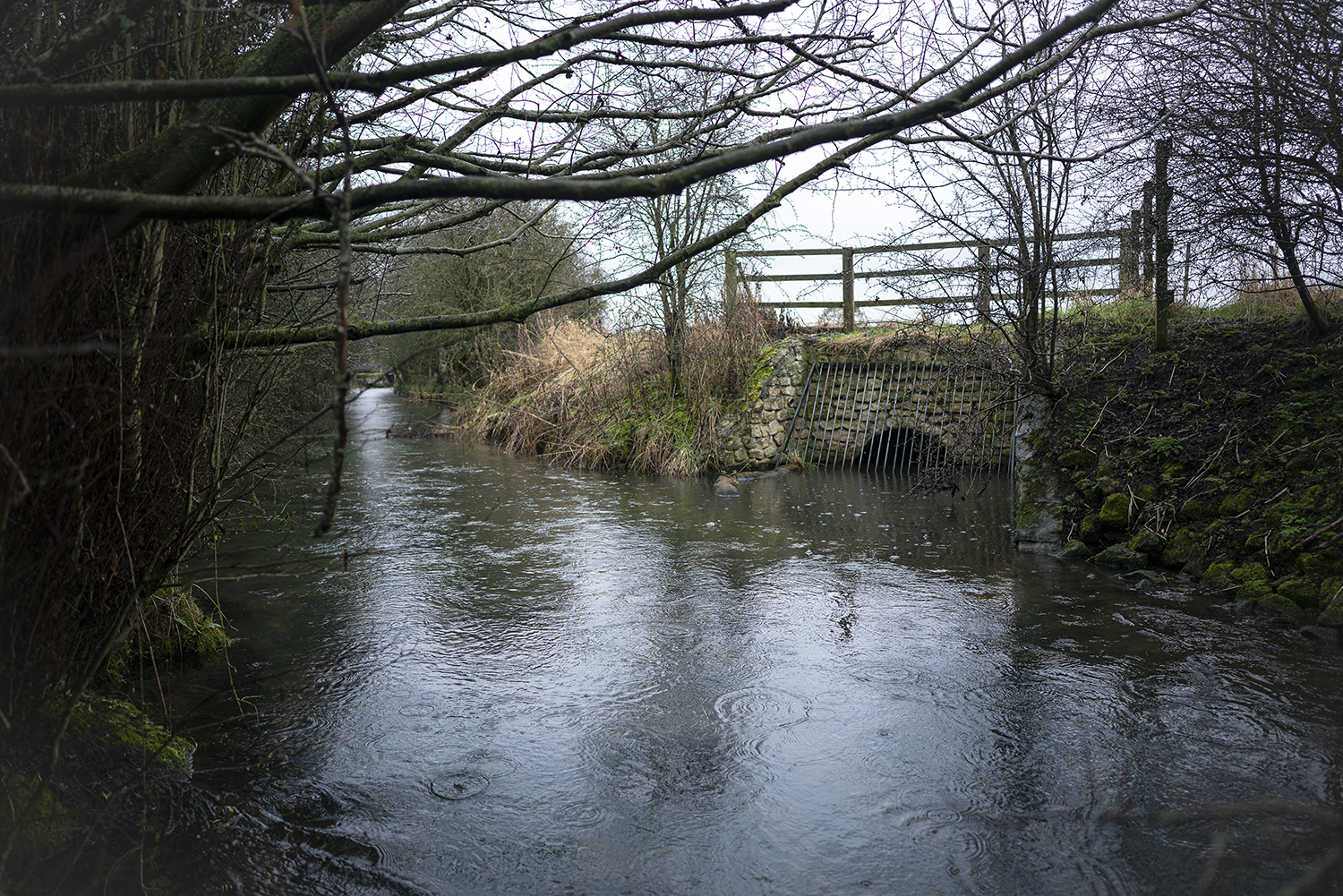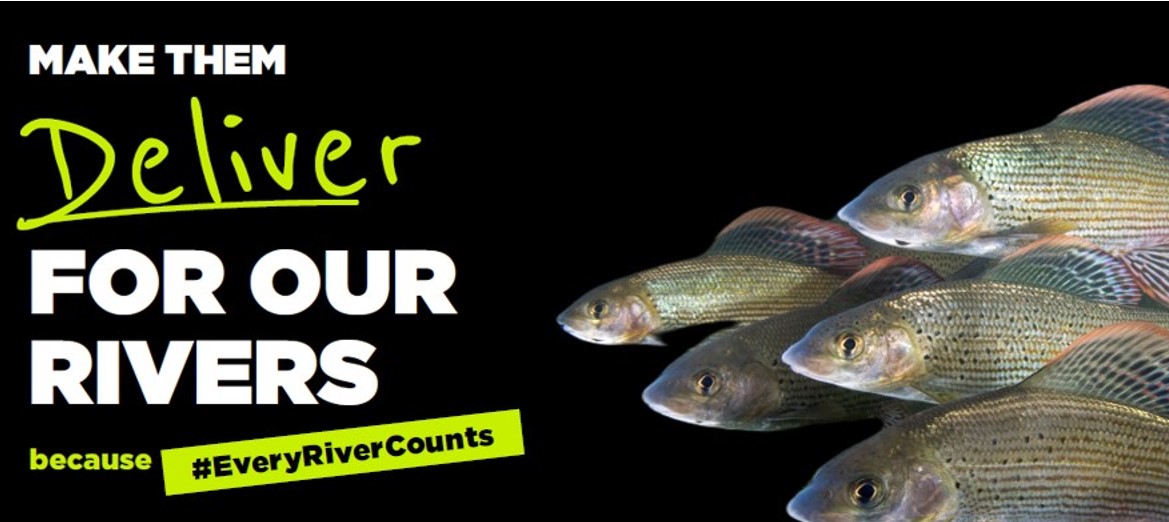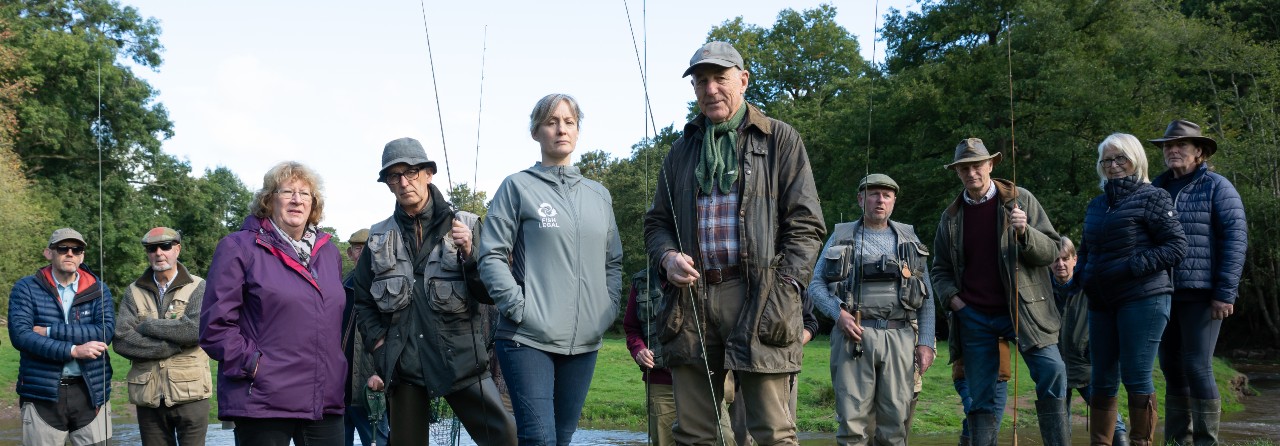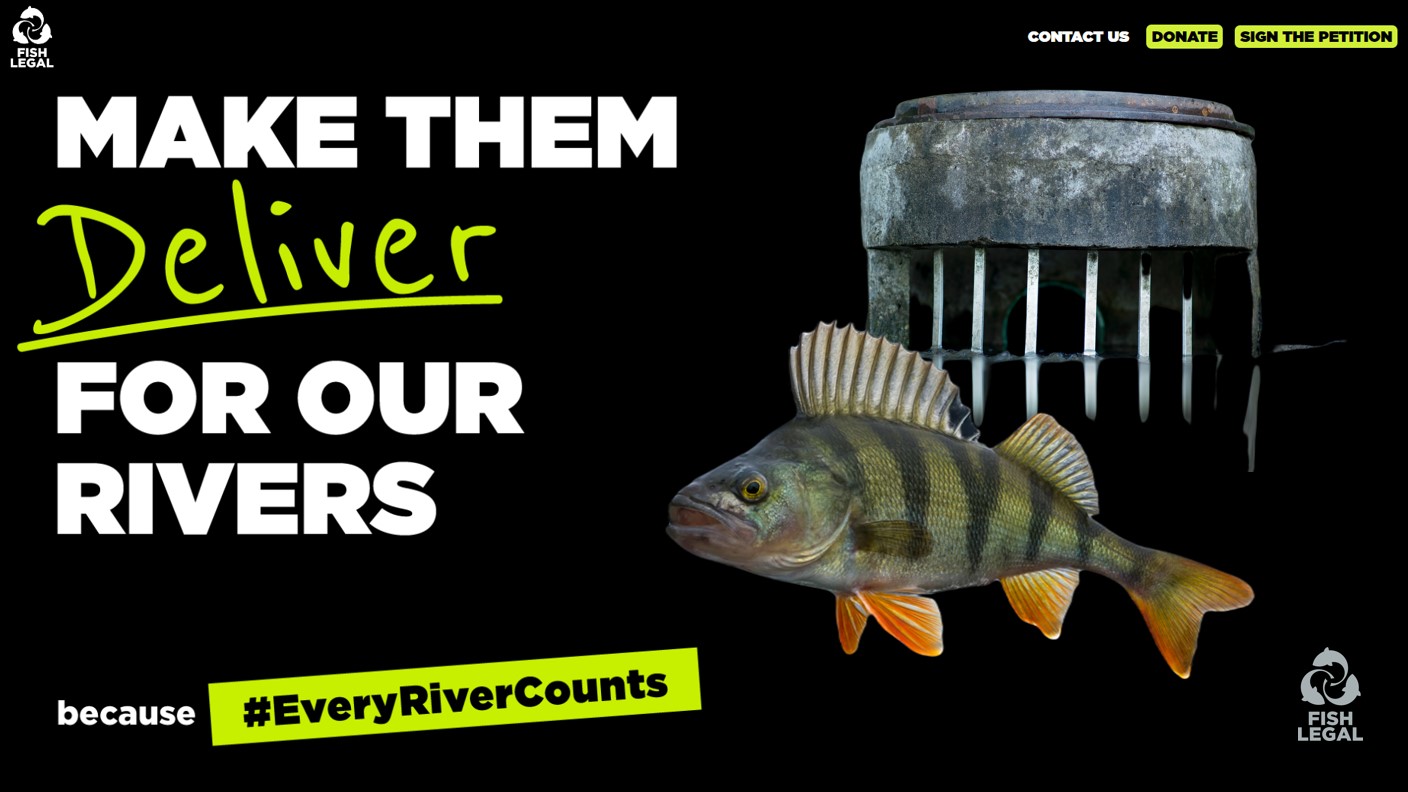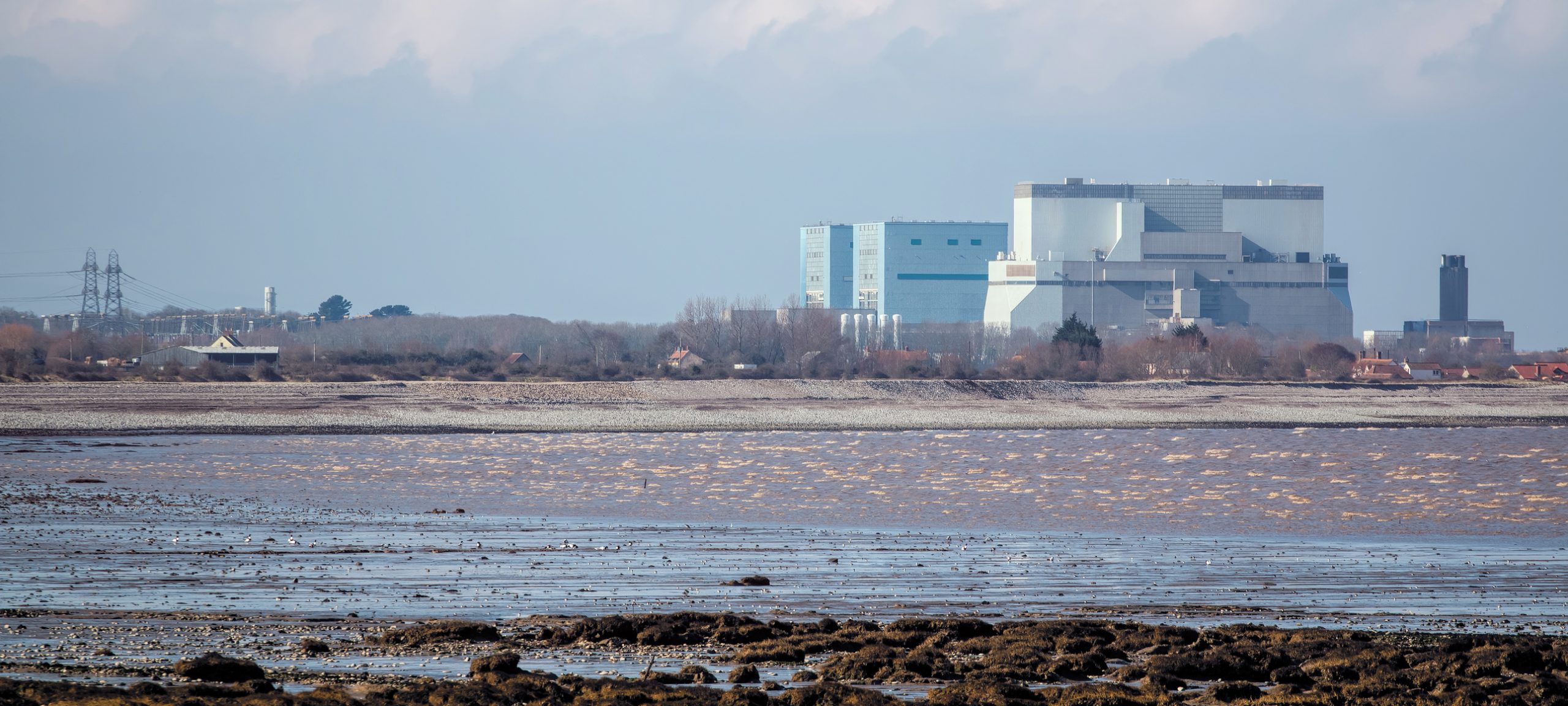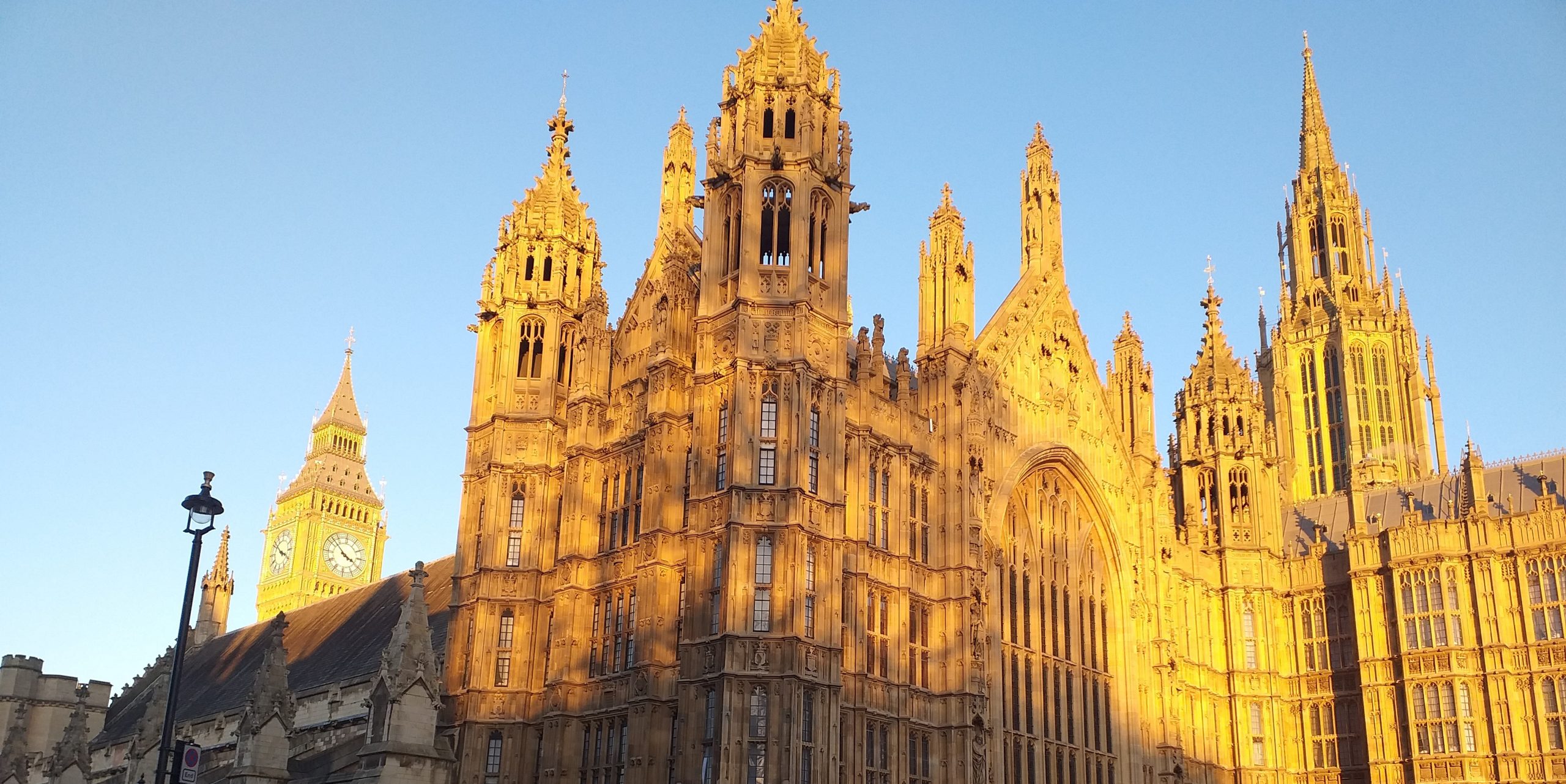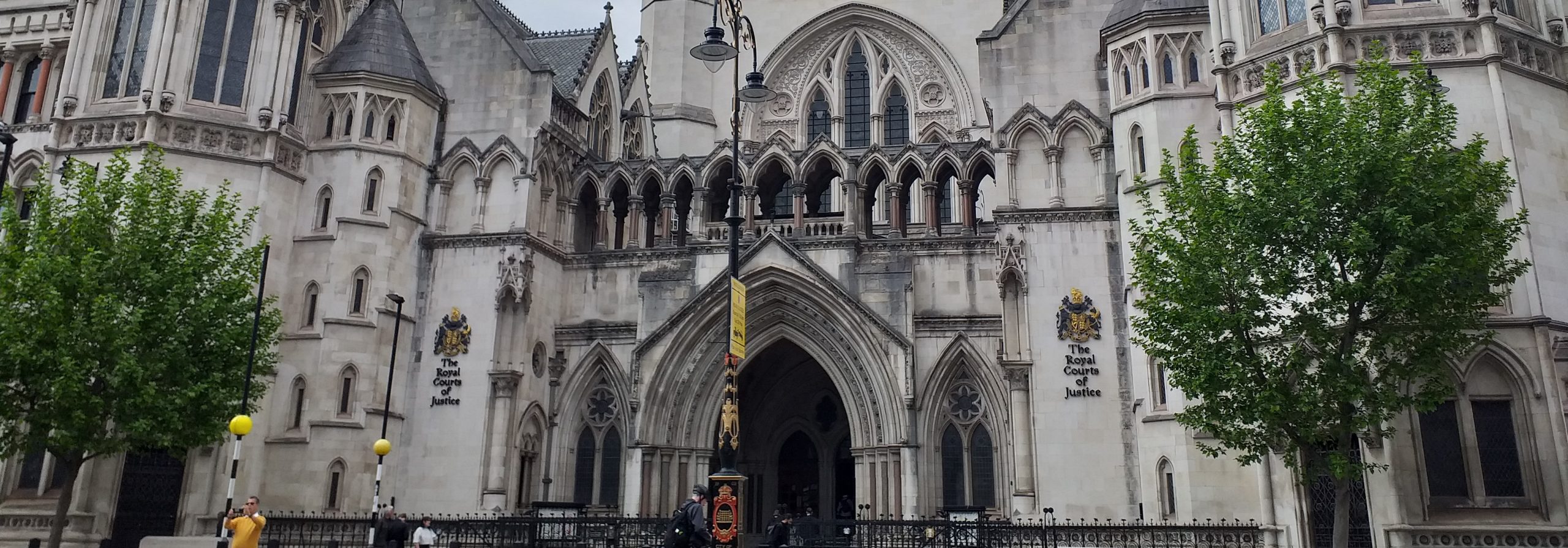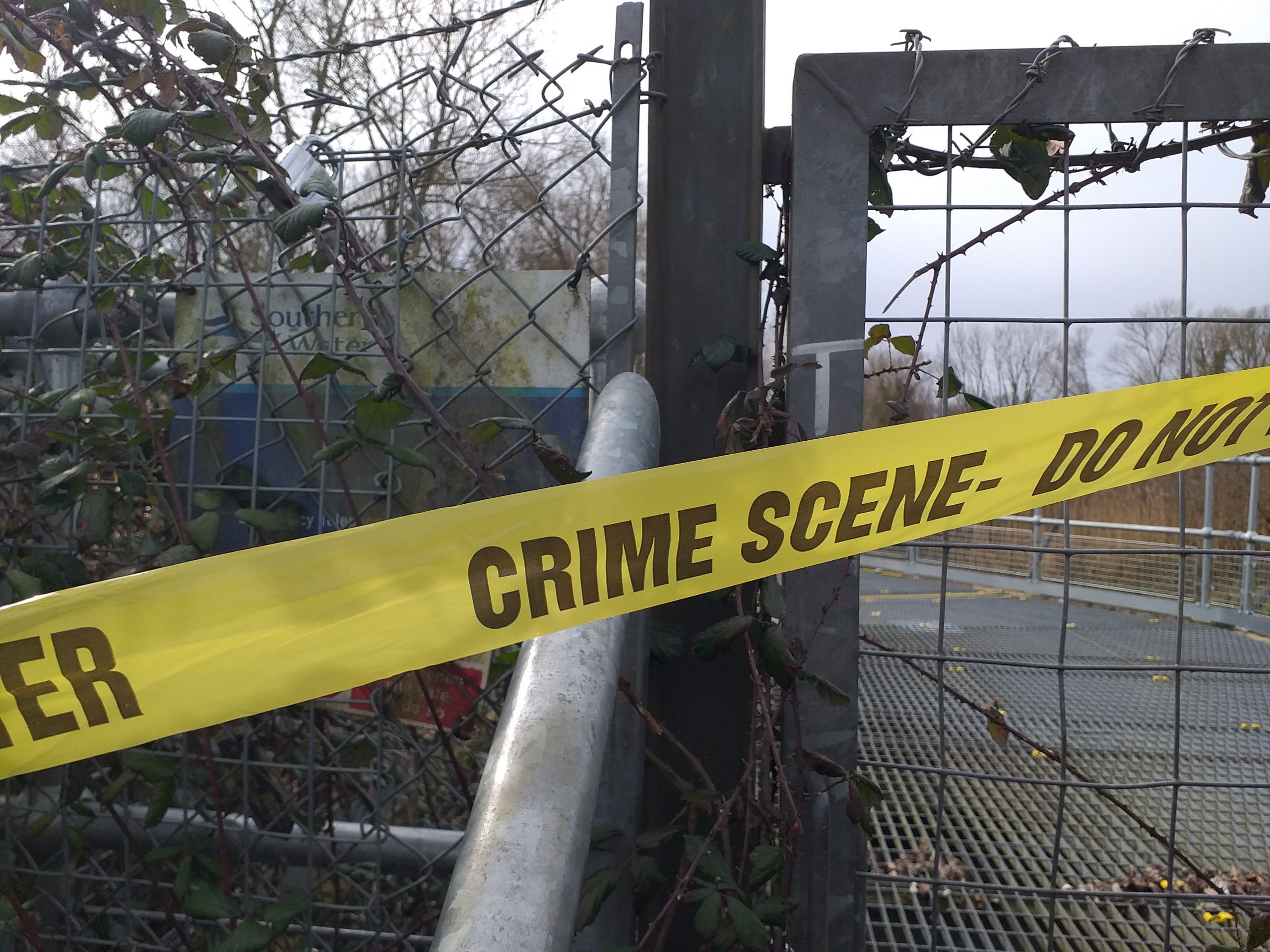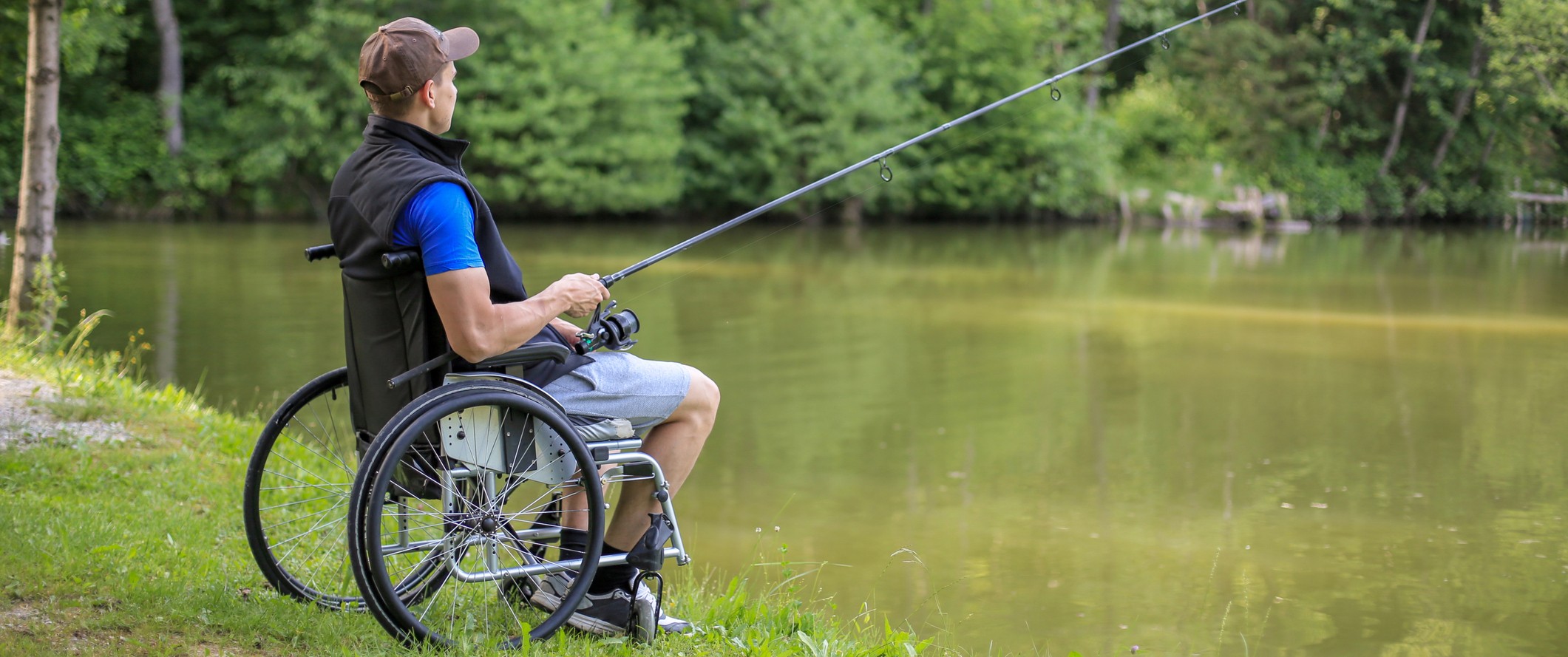News
With reports of widespread illegal sewage spills in the news…It’s time to start talking about solutions
Here are the quick and cheap fixes that we think are currently being overlooked…
We’ve taken a fair, few legal cases with anglers involving sewage pollution over the years.
Recently, our case with Pickering Fishery Association on the Costa Beck has been a deep dive into sewage.
Back in 2018, we got 15-minute continuous monitoring data from Yorkshire Water for Pickering treatment works. We sent it to the Environment Agency. The Agency said they had access to the data (great!) but relied on annual summaries from water companies instead to assess permit compliance (not so great).
Annual summaries hide the details that reveal permit breaches. But even annual summaries should point the Agency to some urgent, short-term solutions.
Take the 2022 data, for example (link at the bottom of the page, if you want to check it out yourself).
The water companies in England have had a go at explaining why their most frequent spilling sewage outfalls – that’s the ones discharging more than 60 times a year – are spilling.
Here’s the interesting stat to us…
18% overall of the reasons given by water companies for frequent spills are OPERATIONAL, INCLUDING ASSET MAINTENANCE.

That’s a substantial amount.
Back to our Costa Beck case, we found plenty of evidence of operational shortcomings leading to avoidable spills.
A lack of CLEANING, CHECKING, UNBLOCKING and BASIC MAINTENANCE.
Simple things, like pricking out wash-water jets to make sure screens aren’t clogged.
Are storm tanks being cleaned and emptied when not in use? If not, it means they can’t be fully utilised when needed. That leads to spills of untreated sewage into the river instead of tank storage and return for treatment.
That’s if storm tanks are even being used. Thick vegetation growing in a storm tank – visible here at Pickering sewage works – is a clue they may not be.
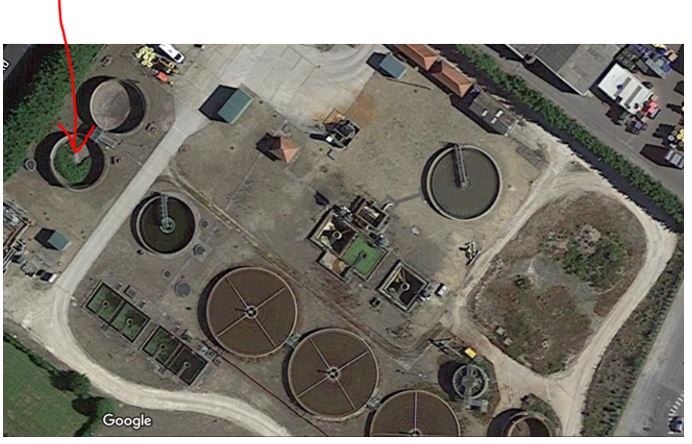
Why does it matter?
- It matters because the Government has said it will take up to 2050 to stop these spills
- It matters because the Government says it will take £56bn of capital investment (sorting operational failures costs little and requires no capital investment)
- It matters because big infrastructure upgrades get charged to bill payers, whereas operational costs come out of water company profits (how about sending more water company employees to site more often, or better training in how to fix stuff?
- It matters because water companies prefer big infrastructure projects because it increases asset values making them more attractive to investors and lenders (in England that is. Different kettle of fish in Wales, Scotland and Northern Ireland).
- It matters because sewage spills caused by operational failures breach the operating conditions in water company permits and could be stopped immediately by the EA.
The Government and Environment Agency could start with these cheap and quick fixes to stop frequent sewage spills.
They’re the low hanging fruit when it comes to protecting rivers, lakes and coastal waters.
There are some rivers where sewage spills have been identified as a reason why a waterbody will fail to meet its 2027 Water Framework Directive target of achieving good ecological status. Not all, but some.
Where those links have been found, we think the Environment Agency should have been reviewing permits to see if they’re being complied with or the controls need improving. We’re taken the EA and the Government to court over it with Pickering Fishery Association.
Judgement pending, so watch this space: https://fishlegal.net/2023/07/12/government-and-environment-agency-face-high-court-challenge-over-yorkshire-river-pollution/
Water companies in England reasons for frequent sewage spills 2022.
